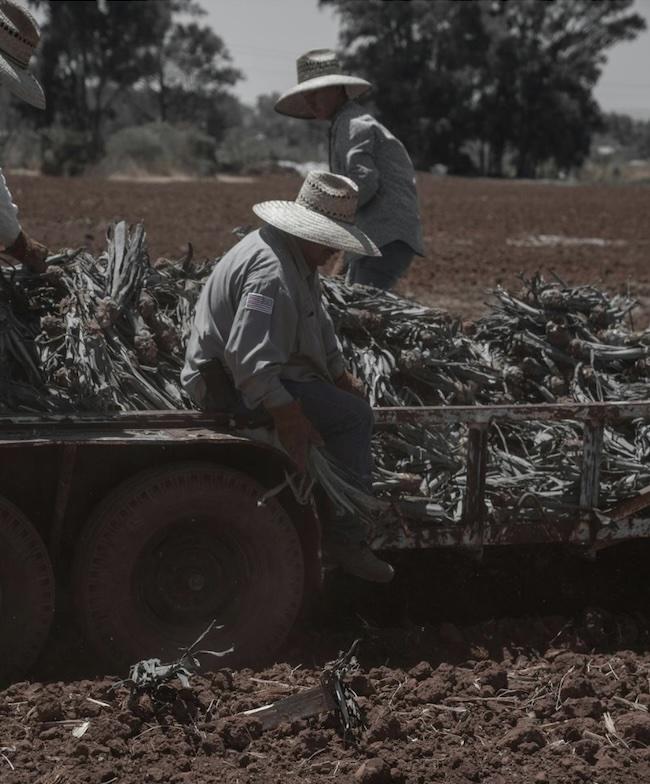WITH California’s Assembly Bill 60 in full effect, thousands of applicants are lining up at the DMV to get the process started. However, many immigrant communities are facing confusion, lack of understanding, and inconsistencies with the new program.
Signed into law by Gov. Jerry Brown in 2013, AB 60 grants legal driver’s licenses to eligible immigrants regardless of their status.
Filipinos stand to be one of the largest beneficiary groups of the bill, as many were previously barred due to not having a Social Security Number, a California ID, work authorization or eligible visas.
The Pilipino Workers Center (PWC), together with Association of Filipino Workers (AFW) and the Los Angeles Workers in Action (LAWIA), have announced programs and resources to help Filipinos—as well as other immigrant communities—apply for a drivers’ license through the law.
“AB 60 is a step forward in creating real, long-term solutions in immigration reform,” said Aquilina Soriano-Versoza, executive director at PWC, at a press conference held at the Larry Itliong Village in Los Angeles on Jan. 14. “Though we are still working with the government on programs like DACA, we are excited about this achievement the state of California is using to help thousands of immigrants, who are risking safety and security driving without a license.”
PWC also partnered with the Philippine Consulate General, Leo Herrera-Lim, to help promote community enrollment through AB 60. The Philippine Consul said that a groundbreaking law like this will improve road safety, as well as ease anxiety from community members to have a widely acceptable form of identification, regardless of their visa status.
“It’s more than just a driver’s license,” Consul General Lim said. “In a sense, [AB 60 is] a recognition that this person is recognized legally by the state. For us in the Consulate, we want to help make it a smoother, easier application process for our community.”
The process at the DMV—most locations require an appointment made well in advance—can certainly be overwhelming, particularly for Filipinos who do not understand how it all works. All applicants must provide the necessary documents prior to visiting their local DMV, including proof of identity (including old licenses, birth certificates, foreign passports and ID cards, tax returns, Homeland Security forms), and proof of California Residency (such as lease agreements, mortgage bills, school/medical employment documents, tax statements) if they do not have satisfactory proof of their legal presence. AB 60 applicants are also subject to a secondary review/questioning to verify an individual’s identity.
The Philippine Consulate has also created an Affidavit of Undertaking to make the application process simpler for Filipinos born in their home country. The Philippines, not yet a State Party to the Apostille Convention, cannot currently attach Apostille stickers on Philippine passports for authentication purposes. Birth certificates issued by the National Statistics Office (NSO) also do not have pictures, unlike the certificates here in the US. The Affidavit is basically a stamp of approval that can be processed and certified with the Consulate seal within the same day.
Two copies (1 original, 1 photocopy) of the Affidavit of Undertaking must be presented at the DMV processing window, including the necessary identification documents for federal approval. The Affidavit has never experienced major issues or been rejected by the DMV, according to Soriano-Versoza, and the valid document is available both at the Consulate and online at www.philippineconsulatela.org.
“The main problems we see with the AB 60 application process is inconsistency,” said Dondi Manzon, who helps with workshop training and assistance for applicants at PWC. “Everyone has a different experience at the DMV—some DMVs are asking for different documents, some are being sent to different offices. It’s all inconsistency, and misinterpreting the law.”
Manzon gave examples of several cases of Filipino applicants he assisted who had trouble processing the required documents, such as foreign passports and birth certificate. The Affidavit of Undertaking from the Consulate, he said, will allow the DMV to validate the Philippine birth certificate and let the applicant take a drivers’ permit test.
“Our purpose is to help navigate the inconsistencies,” Manzon said.
Cesar Vega-Magallon, an advocate/organizer with PWC and the Los Angeles Workers in Action, also talked about the fear many Filipinos and immigrant communities have about taking advantage of beneficial programs like AB 60.
“We want the community to know that they may get questioned about status, employment, and they might feel intimated. Their information is always kept safe and secure and used for one purpose,” Cesar said. “The DMV is trying to establish and identify applicants who are eligible solely for the AB 60 license. We are here to help applicants prepare their documents so that when they go to the DMV it is a fairly simple and confidential process.”
Consul General Herrera-Lim called upon those Filipinos who are afraid to step forward to take advantage of this statewide opportunity. “Often, our community lives in fear, believing in myths or of being put at risk for deportation or other immigration cases,” he said. “We assure that these programs, including President Obama’s executive plans for immigration reform, will protect you. We want to help as many as possible, and we at the Philippine Consulate are ready to.”
“We want to broaden the dialogue to a community who will trust. We want to be a good partner.”
Lim also emphasized that “the required documents for AB 60 can also prove identity, regardless of the expiration date.” Applicants should not have to wait to get a new, valid document.
“It is important for eligible immigrants to apply and not put yourself and other drivers at risk, and to know all of this information before you go into the DMV appointment—so that we can more efficiently and quickly process the documentation,” said Soriano-Versoza, adding that PWC is part of a large coalition of API and immigrant organizations that work with the DMV to make the process easier for applicants.
PWC also announced its upcoming in-person workshop events, test reviews and info sessions throughout Los Angeles to help AB 60 applicants.
(www.asianjournal.com)
(LA Weekend January 17-20, 2015 Sec. A pg.6)






